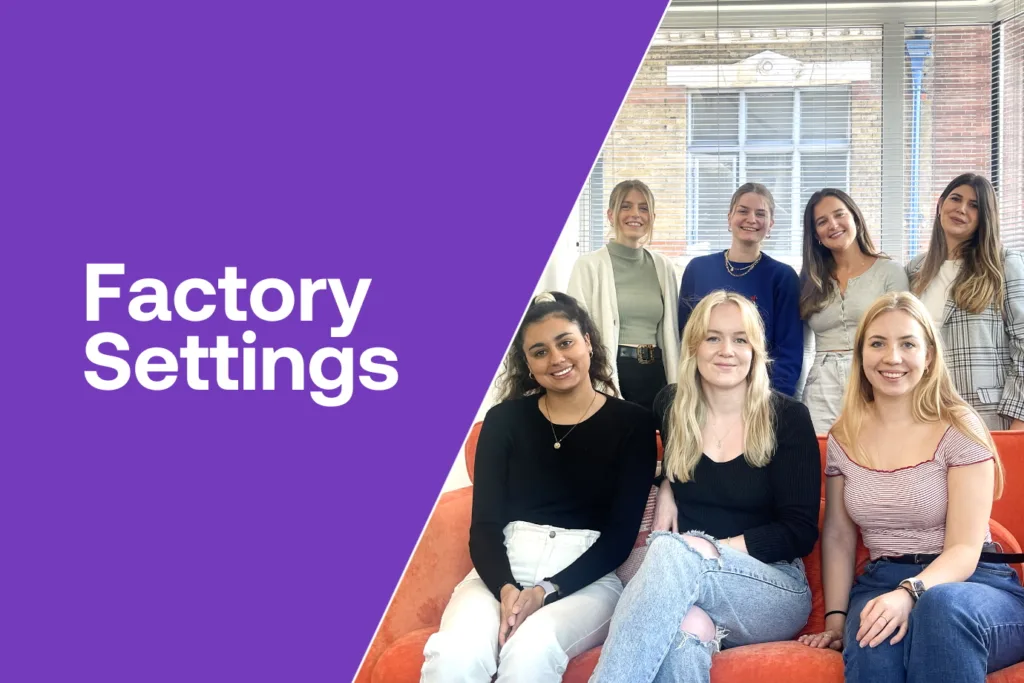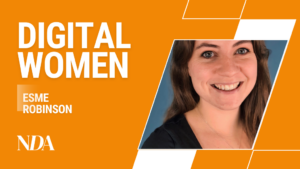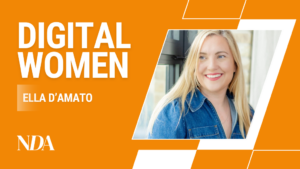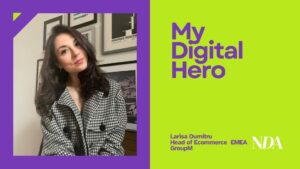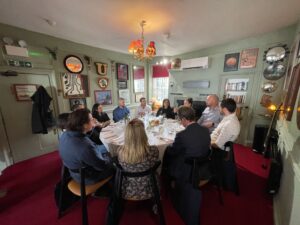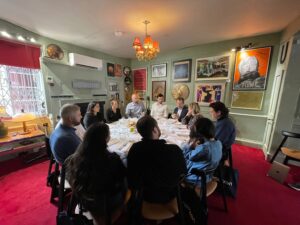How the post-Covid working environment empowered a new generation of digital professionals
By Camilla Hay, Senior Digital Account Executive at The Kite Factory
In the first part of our Factory Settings series finale, a group of other females from The Kite Factory’s digital department and I sat down to discuss how the Covid pandemic affected us whilst finishing our education and starting our advertising careers. We chose to discuss this topic as this shift due to Covid happened at a pivotal time in our lives. But, it’s not all doom and gloom as in this discussion, we did identify key positive factors which we believe this time in our lives, and in the world generally, have impacted the working world today.
To aid this discussion, we identified key talking points, and those for whom these points most resonated led the conversation.
The first question was for Immy Davenport and Jess Mainwaring (both Senior Digital Account Executives), who spent their last year of university in lockdown. Did this change their future plans? Do they think it helped them prepare for remote working?
Immy was in her final year of university when the first lockdown hit, meaning her working life was accelerated after her last exam – which was sadly celebrated with a simple laptop closing. Jess was in a slightly different situation as she was doing her placement year when lockdown happened, which meant she was imminently given a sense of the hybrid working world and was also more prepared for the online learning she then faced in her final year of university.
For Immy and all of the students, her university was thrown into the deep end, and they struggled to navigate the hybrid working world initially, too. That said, she believes this made her cohort more proactive with less one-to-one time with university professors, translating into a more independent attitude when entering the working world. Because of this, she also now really cherishes time with her managers.
So, the key point to take from Jess and Immy’s experience in their final years of university is that they have learnt to be very self-motivated, a brilliant attribute for the working world.
Next, Claudia Sarro (Senior Digital Account Executive) and I discussed how we found entering the job market whilst everything was either shut down or carried out remotely.
Claudia had a unique situation compared to many of us as she had moved to London just one month before the pandemic hit, having quit her job to do so. She also noted that the language barrier exacerbated the problems of the changing job market. She started a part-time job in a startup and noted that the onboarding was challenging as she was fully remote and felt she had to support herself more than usual when starting a new job.
Unlike Immy and Jess, I was lucky to graduate pre-pandemic in 2019. After working in a PR agency for six months (and therefore being exposed to the more traditional in-office five days a week lifestyle), I headed off for seven months of travelling – which turned into four months due to the pandemic. On my return, I was eager to jump straight into my career. However, with many people being furloughed and made redundant at this point, the jobs pages in our industry might as well have been tumbleweed. People just weren’t recruiting. So, for seven months, I continued applying whilst working at supermarkets, as a childminder and at a nursery. To be honest, it was a bit soul-destroying as the large majority of job applications did not even get a response; it was such a competitive time. I also felt very far removed from the career advice offered back at university. It had been over a year since I graduated, which meant I felt isolated and needed to fend for myself more than I had a year earlier.
Eventually, after a quick-apply on LinkedIn and various interviews from my dad’s study – in which body language was tough to gauge – I landed my job here at TKF, and I was so thankful and motivated to get started. My first day was meant to be in the office in November 2020; however, we went into another lockdown. This meant I had six months before I met any of my colleagues face-to-face. Luckily, by this point, everyone had become well-accustomed to life over Teams, and although having no idea how tall my colleagues were, I did feel that I was able to get to know them well in those initial months. We even did socials over Teams, such as drinks on Fridays and a virtual crystal maze challenge.
The second part of the finale can be read here.




